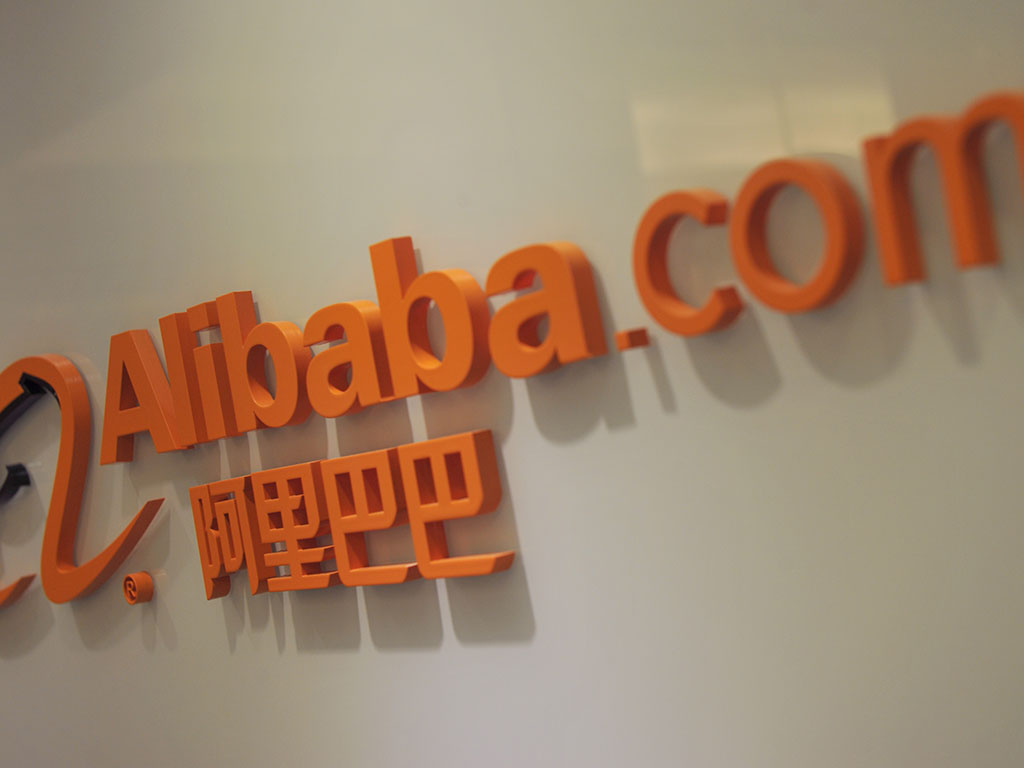China bets on cross-border e-commerce
China’s government is to allow foreign ownership of some e-commerce businesses in a bid to capitalise on its booming internet opportunity

Firms such as Alibaba and JD have powered China's economy. The government has implemented new policies to encourage foreign investors' interest in the country
China’s Ministry of Industry and Information Technology (MIIT) has unveiled a series of policy guidelines that, if passed, would loosen the shackles on cross-border e-commerce and give foreign investors more of a reason to take an interest. The decision arrived in a distinctly lacklustre period of growth for the world’s number two economy, and by reducing its dependence on manufacturing and boosting services, the government is hoping for better things in the years ahead.
China’s online spending will cross the $1trn mark before 2019
The guidelines include accommodating tax policies and measures to reduce overseas payments, though the decision to allow full foreign ownership is by far the biggest change of all. According to the MIIT, doing so “supports our country’s e-commerce development, encourages and brings in the active participation of foreign investment, and further excites market competition”.
2013 marked a milestone year for the country when it became the largest online retail market worldwide. Last year, overall sales reached approximately $440bn, according to a Forrester report, and the figures show also that China’s online spending will cross the $1trn mark before 2019, buoyed by a steady stream of apps and an improved logistics network. The latter is one area in which the rest of the world has a lot of catching up to do, given that same-day delivery is available in near enough every major city. Mobile technology, meanwhile, has seen a great deal of investment, as the sector’s leading names seek to cash in on growing smartphone adoption.
Major names Alibaba and JD have fast become industry powerhouses, not just in China but globally, and rivals Amazon and WalMart have each struggled to secure a strong foothold in the market. Alibaba’s Tmall enjoys a 57 percent share of the market, whereas JD enjoys a lesser 21 percent, leaving little in the way of opportunity for foreign names.













